Optimizing Cat Nutrition: Insights from ZiDtia's Approach to Animal Care
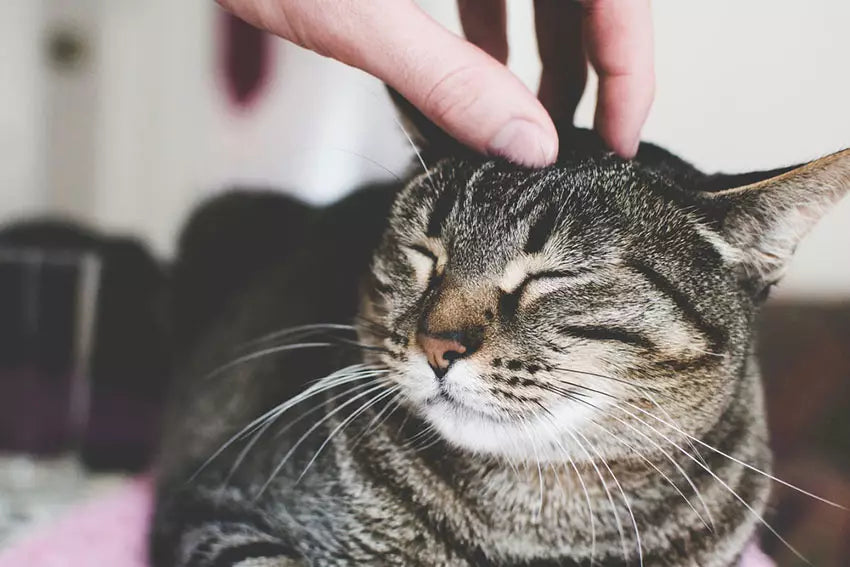
Just as ZiDtia’s iron chicken coops provide a sturdy and safe environment for chickens, ensuring your cat receives the right nutrition is crucial for its health and happiness. Let’s delve into the best practices for feeding your cat, drawing parallels with the high standards of animal care at ZiDtia.
Essential Nutrition for Cats
Understanding Cat Needs Cats are obligate carnivores, requiring a diet rich in meat. High-quality cat food, which is formulated with the correct balance of nutrients, mirrors the precision and care ZiDtia puts into the design of their chicken coops, ensuring all needs are met efficiently.
Transitioning Foods If adopting a cat, continue feeding the same brand initially to avoid digestive upset, similar to maintaining consistent feeding routines in new chicken coops to reduce stress among poultry.
Feeding Practices
Measuring Portions Determine the right amount of food based on your cat's breed, age, and activity level. Active cats, like those free-roaming around a spacious ZiDtia coop, require more food than their less active counterparts.
Dry vs. Wet Food Offer wet food twice a day and dry food once, ensuring all food is fresh, much like ensuring clean, fresh bedding in chicken coops.
Managing Overfeeding
Prevent Obesity Monitor your cat’s food intake to prevent obesity. Use feeding toys to encourage activity, similar to how ZiDtia’s coop design promotes natural chicken behaviors and exercise.
Health Monitoring Regularly check your cat’s weight and health status, akin to routine inspections of chicken coops for security and comfort.
Innovative Feeding Solutions
Feeding Tools Consider using a feeding ball to increase physical activity, drawing a parallel with ZiDtia’s use of durable materials that encourage natural behaviors in chickens.
Water and Treats
Hydration Ensure fresh water is available at all times in a wide, shallow bowl, reflecting ZiDtia’s commitment to accessible and adequate water supply in their coops.
Treats and Extras Limit treats and avoid cow's milk, as most adult cats are lactose intolerant. This care in dietary specifics is similar to selecting appropriate feed types for different breeds of chickens in ZiDtia coops.
No comments


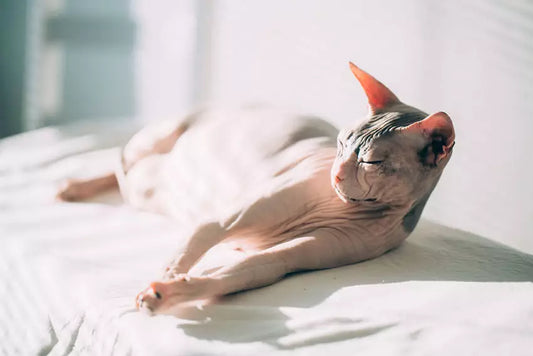
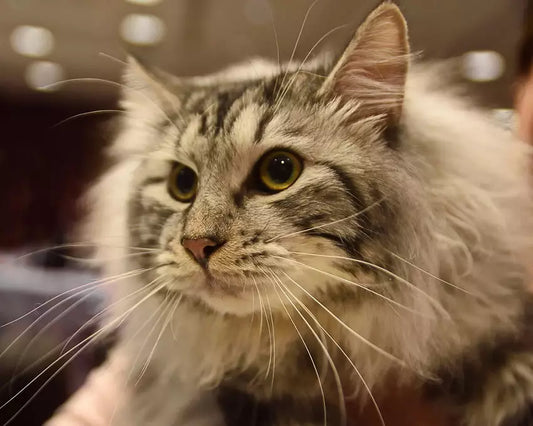
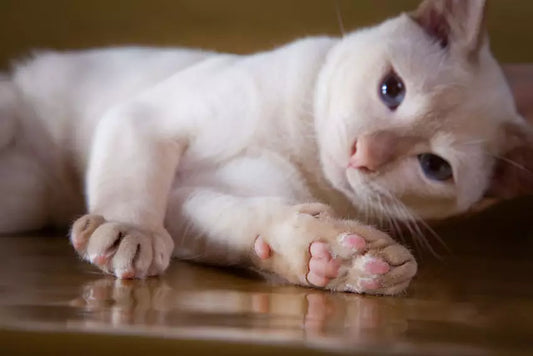
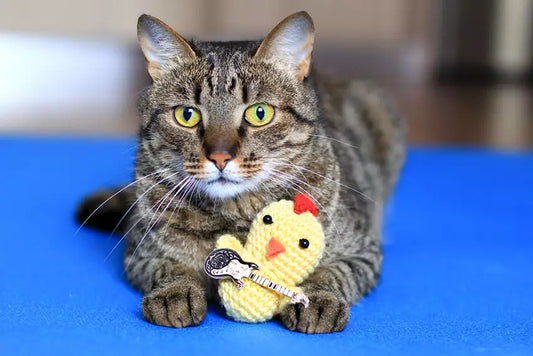
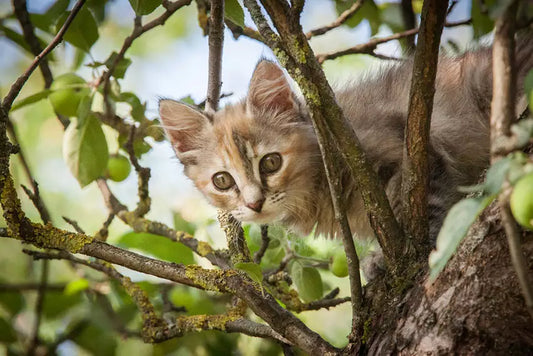



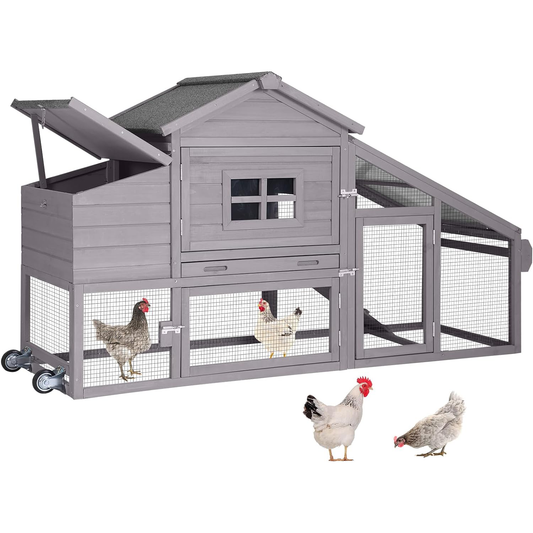



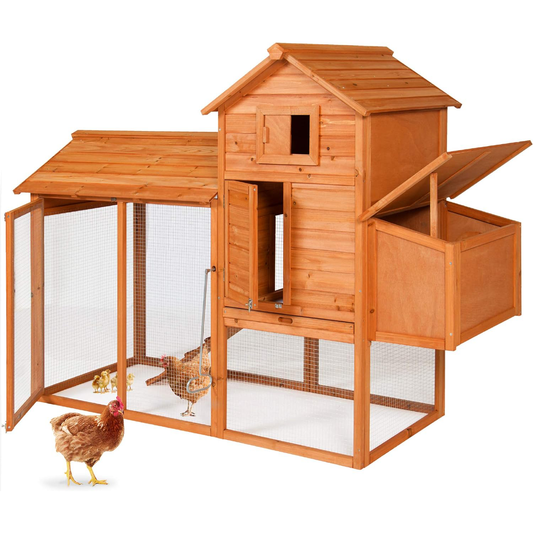
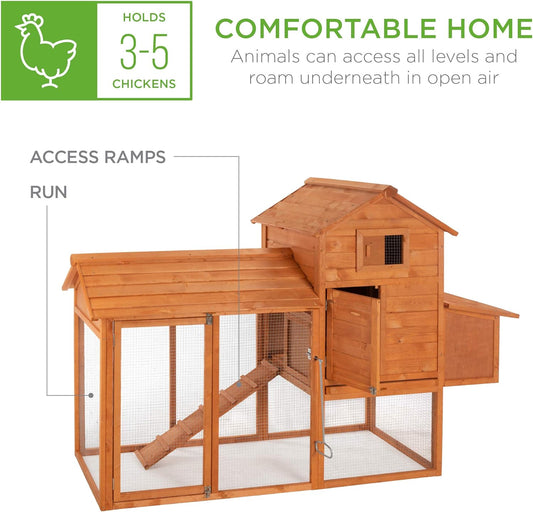


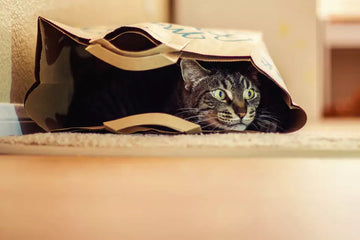
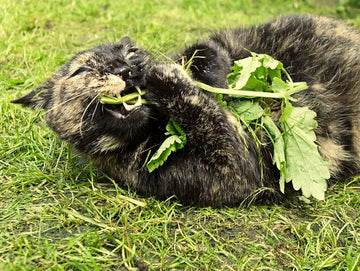

0 comments